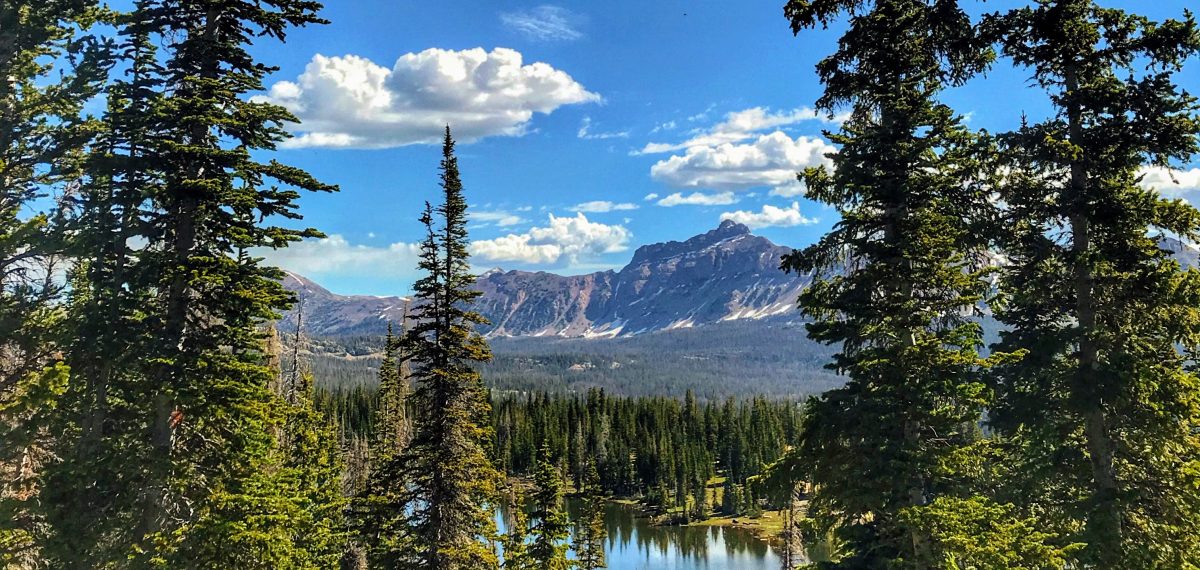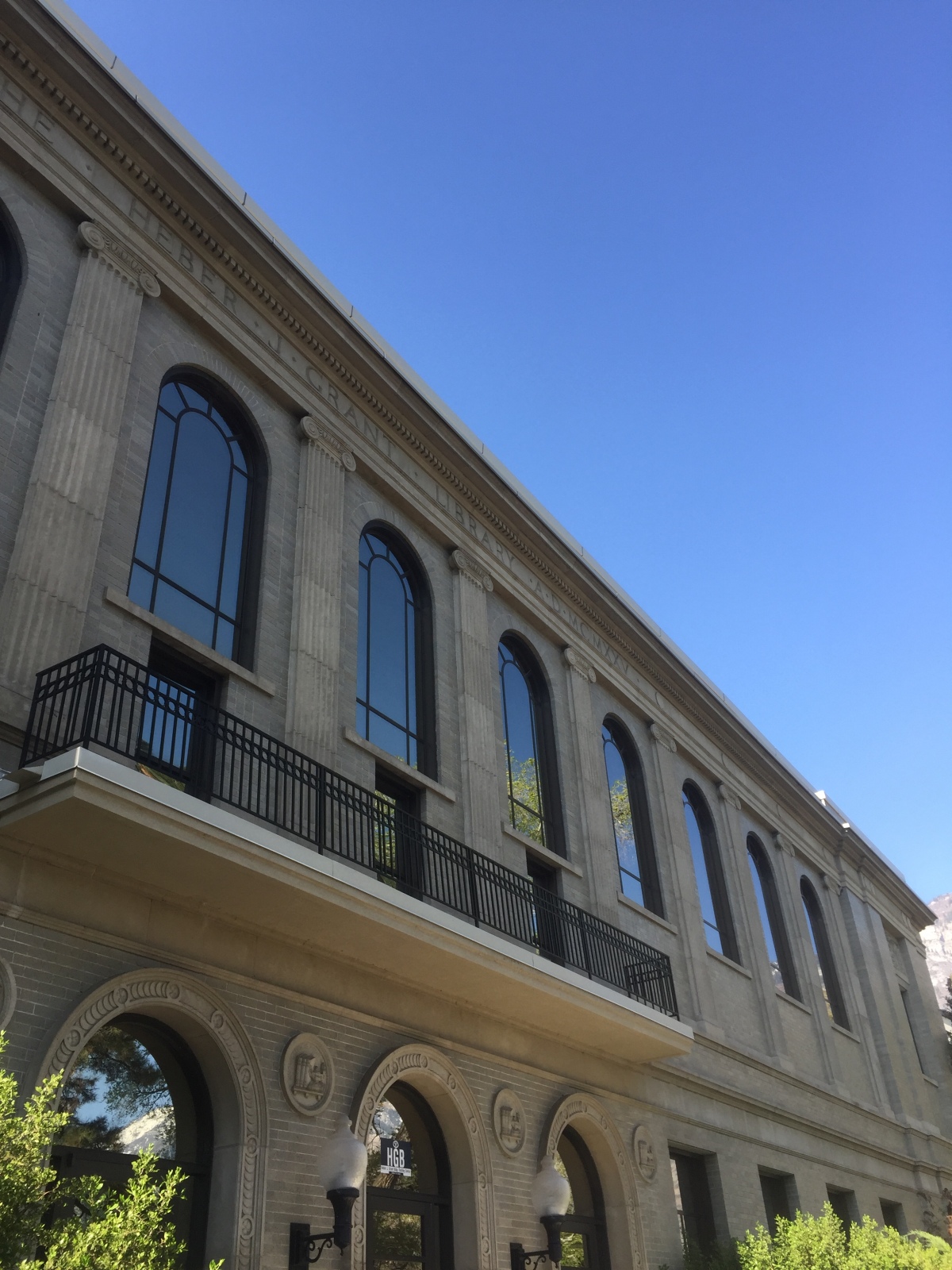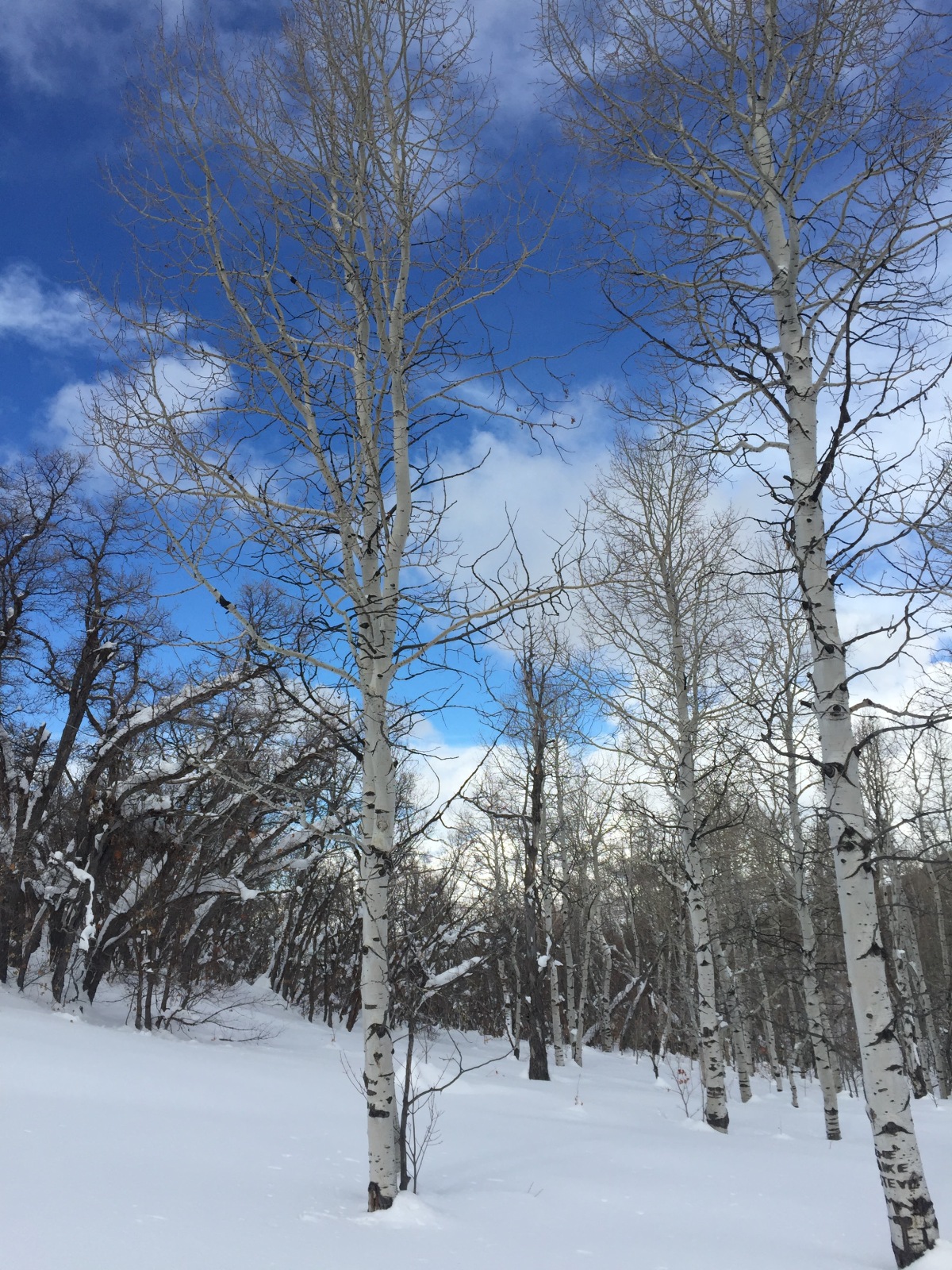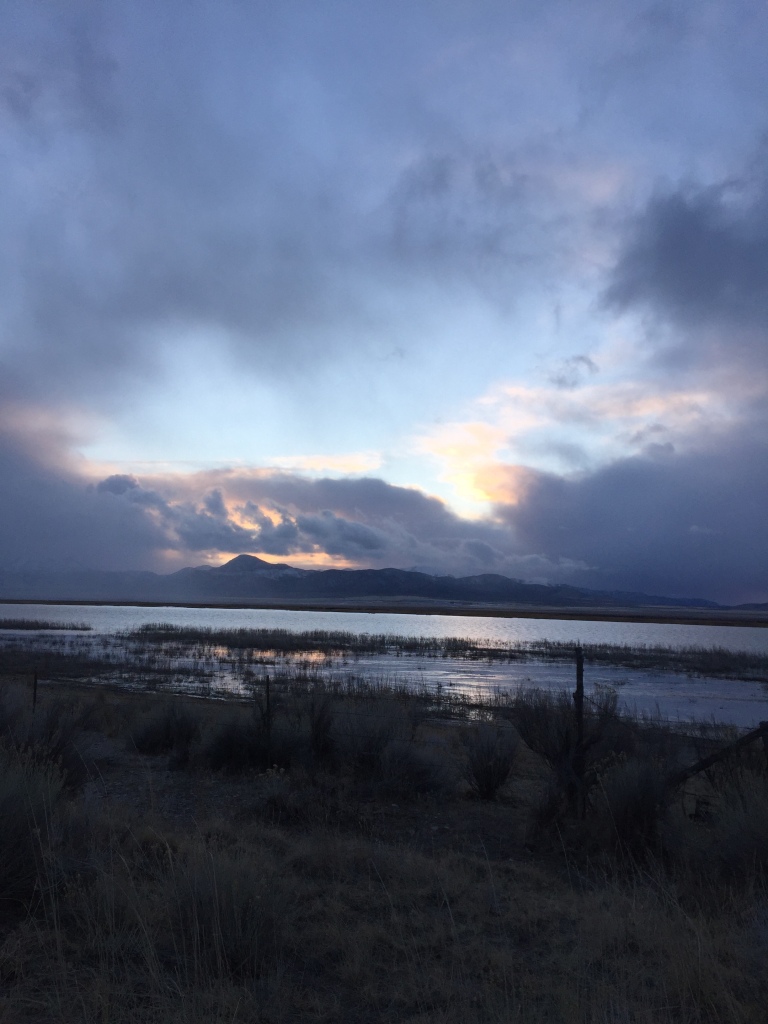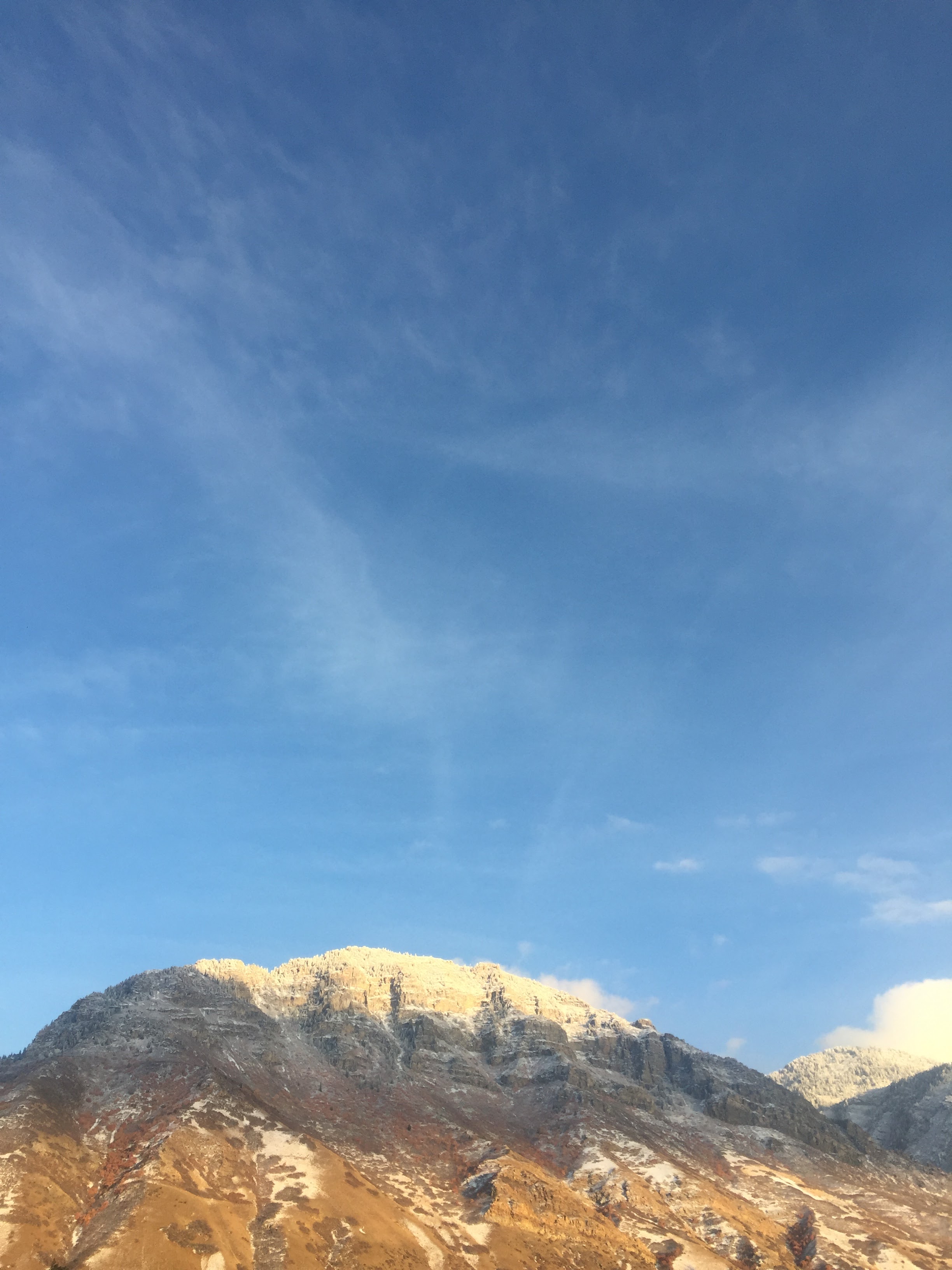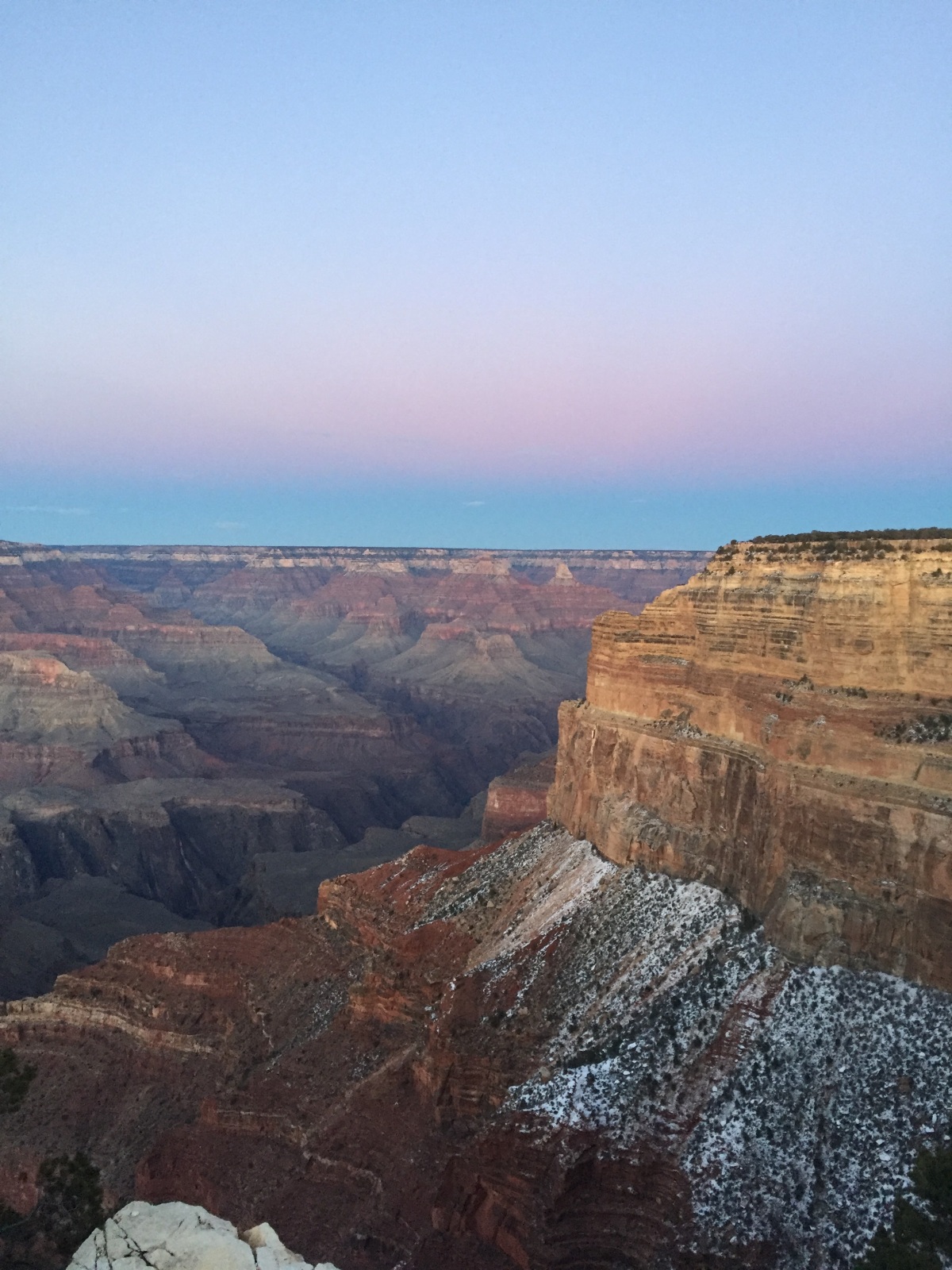Give hope some kind of rest.
A few days ago, during a break at work, I decided to research Mormon-Native American relations in early Utah. What I read between various online sources was depressing and horrific, but no longer shocking. There were stories of massacres, tales of murder and ambush, and accounts of extrajudicial killings.
And it was only a war if a hunting trip can be called a battle between the hunter with his shotgun and the hunted with no warning. I already suspected, comprehended, that things were like this.
I knew that before Mormon pioneers came there were Native Americans, and after, there were only a few. But knowing generalities was easier for my somewhat well-rested hope and my carefully tended equilibrium.
—
Is there hope at all? Or are we all wending our slow way toward hell? A journey that becomes hell itself as it plunges off toward the void?
Our whole history, present, and future determined to be a sprint toward self-destruction? A conscious attempt to destroy ourselves before the dying sun can? Searching for a greater meaning often makes no sense, sometimes even seems ironic. God often seems so theoretical and pale compared to the dark hues of of a crazed reality.
It’s so easy to only believe in my eventual, and inexorable, destruction and disappearance. It’s just too much. Is there no merciful rest? And what about the almost blasphemous beauty that continues amid the cruel inhumanity? A small Native American boy is brutally killed in the afternoon–then in the evening the sky is again a stunning spectrum of color. The insane juxtaposition of beauty and thoughtless horror seems to be just that.
Coupling these disturbing images to the present moment makes the anomie, the displacement of my place from any ordered or rooted time, complete. A present moment of confusion, materialism, environmental destruction, hatred, senseless discussions and arguments.
—
Among the most destructive things now are the rationalizations, the acceptance that things have come to this, that there is some sort of righteousness in this collective death spiral of hate, bitterness, and materialism. The idea that the past is a testament to righteousness, the premise that the future will be better, seem self-righteous affronts to the suffering.
There are a plethora of apologists for a glossy past and a glorious present, but of these apologists, almost none inspire the same revulsion in me as those who profess religion. They believe in a higher power while by turns glorying in and ignoring the perversions of our low existence in a cruel inversion of the Tower of Babel.
They do this without any apparent hesitation or conscientious objecting. Many of these apologists may have been drafted into this war, but no matter, for they quickly took up arms for their “holy cause.”
Do we live in a day of wrath? For it is a day that is itself dissolving into its own fiery ashes.
—
Some days I fall into a nearly bottomless pit in search of hope. The dark pit of a forsaken well, in search of the liquid substance that gives life and reflects light.
When I reach the thick black of the bottom, in that light-less depth, I scrape my cup on the stony cold rock bottom in hopes of water. So often there is none.
The pitch black is just pitch black. The watery hope is either dried up or was never to be found here. It is in those moments that I am most brutally faced with the bare facts of my existence. The possibility that this is it. That there is no point. That behind every symbol is another symbol and another…until nothing. That the representations, the signs, the types all hide a nothingness that lurks silently behind.
Other days, though, there is water.
—
Holy.
The very earth is on fire.
Holy.
The air is filled with a smoky and acrid grit.
Holy.
The translucent temples melt and flow into a plastic sea.
—
Was there no mercy promised? Any rest given?
It seems that the easing up has not come. Or has come in some slight and infinitesimally small amount.
Or maybe it has come.
Yet a powerful temptation remains. As Jesus was tempted to throw himself out into the void, so are we. To make some kind of perverse atonement and sacrifice our finite hope in pursuit of some greater cause.
Probably, though, it was never our sacrifice to make. Any heroism to it is swallowed up in its emptiness.
—
The peace that comes, any rest that may be, the mercy that could come upon us, perhaps is not complete until we have sat with our quiet agonies. To feel the full weight of our helplessness.
To weigh the bitterness, both within and without. To realize that we alone are nearly powerless against the suffocating dread and fear of our untethered world.
If the story is to end happily, the full weight of that joy would be impossible to fully comprehend without considering the possibility of annihilation.
If we are to sit silently with others, we must do the same, sometimes, with ourselves. Not to revel in it, but to grope around in it for a while.
—
May some light reflect off the forsaken well’s waters.
May some light be found there, even when the well is barren and dry.
With no water or light to reflect.
May I imagine the light, or remember the light.
Even in the darkest night.
